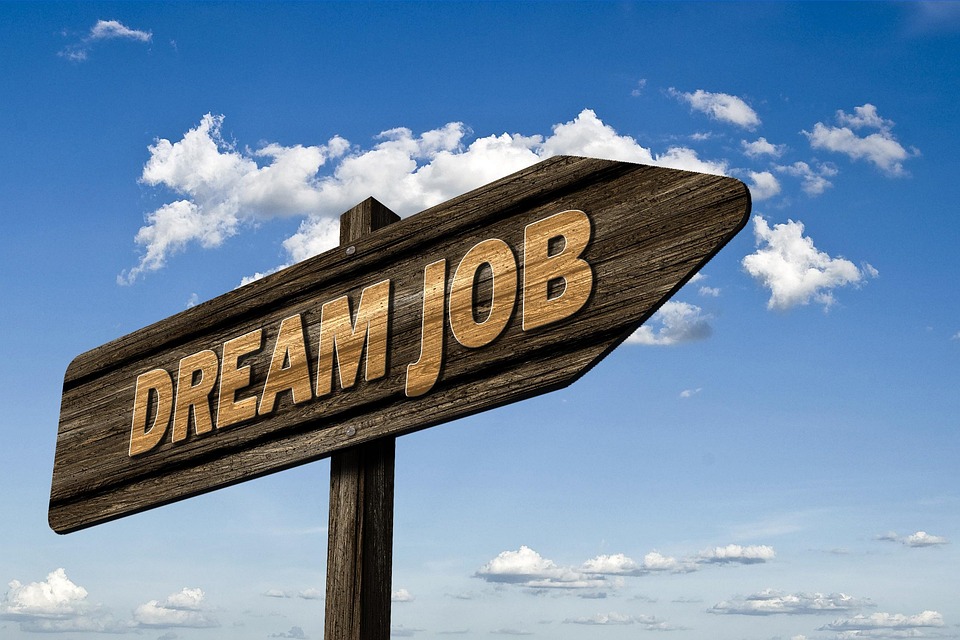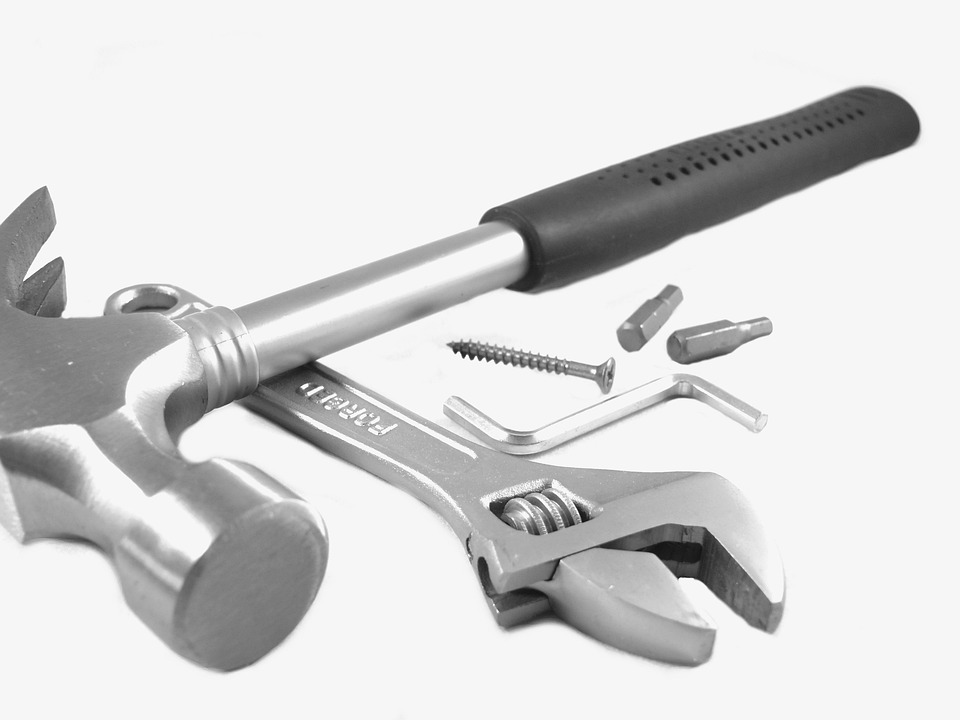Ace Your 2025 Job Interview: The Most Asked Questions & Perfect Answers (Updated Guide)
Landing a job interview is a huge accomplishment. It means your resume resonated, and the hiring manager sees potential. But the interview itself can be daunting. Knowing what to expect and preparing solid answers is key to turning that potential into an offer.
This updated 2025 guide unveils the most frequently asked job interview questions, providing insightful strategies and near-perfect answer frameworks to help you shine. We’ll go beyond simple answers and delve into the why behind each question, enabling you to tailor your responses to resonate with the specific role and company.
Why Prepare for Job Interview Questions?
Preparing for interview questions isn’t just about memorizing answers. It’s about:
- Reducing Anxiety: Knowing you’ve thought about the questions in advance significantly lowers anxiety and allows you to focus on presenting your best self.
- Crafting Compelling Narratives: You can weave your experiences and skills into compelling stories that showcase your abilities and personality.
- Tailoring Your Responses: Understanding the purpose behind each question allows you to customize your answers to specifically address the needs of the role and the company.
- Demonstrating Professionalism: Well-thought-out answers demonstrate that you’re serious about the opportunity and have invested time in preparation.
The Most Asked Job Interview Questions (2025 Edition) & Powerful Answers:
Here’s a breakdown of common questions, categorized for easy understanding, along with actionable tips and sample answers. Remember to personalize these to reflect your own experiences and the specific job requirements.
I. General & Introductory Questions:
-
1. Tell Me About Yourself:
- The Why: The interviewer wants to understand your background, motivations, and how your experience aligns with the job. This isn’t a recitation of your resume; it’s a concise summary of your relevant skills and achievements.
- The Perfect Answer Framework: Use the “Present-Past-Future” approach.
- Present: Briefly describe your current role and key responsibilities. Highlight your accomplishments.
- Past: Summarize your relevant past experiences, focusing on skills and accomplishments that are transferable to the new role.
- Future: Explain why you’re interested in this specific position and company, and how you envision your skills contributing to their success.
- Example: “Currently, I’m a Senior Marketing Specialist at ABC Company, where I lead our social media strategy and have consistently increased engagement by 30% year-over-year. Before that, I worked as a Marketing Assistant at XYZ Corp, where I honed my skills in content creation and email marketing. I’m eager to leverage my marketing experience and passion for innovation at [Company Name] to help you achieve your growth targets in the [Industry] market.”
-
2. Why Are You Interested in This Position?
- The Why: The interviewer wants to understand your motivations and whether you’ve researched the company and role. They want to know if you’re genuinely interested or just applying for any job.
- The Perfect Answer Framework: Connect your skills, interests, and career goals to the company’s mission, values, and the specific responsibilities of the role.
- Example: “I’ve been following [Company Name]’s work in [Industry] for quite some time, and I’m particularly impressed with your commitment to [Company Value]. This role as [Job Title] aligns perfectly with my skills in [Skill 1] and [Skill 2], and I’m excited by the opportunity to contribute to [Specific project or initiative].”
-
3. Why Are You Leaving Your Current Job? (Or Why Did You Leave Your Previous Job?)
- The Why: This question assesses your professionalism, honesty, and potential for negativity. Avoid negativity or blaming your previous employer.
- The Perfect Answer Framework: Focus on positive reasons related to growth, opportunity, or alignment with your career goals.
- Example: “I’m seeking a role where I can expand my leadership responsibilities and contribute to a larger team. While I’ve learned a lot at my current company, I’m looking for an opportunity to take on new challenges and further develop my skills in [Specific skill].” (If laid off: “Due to a company restructure, my role was eliminated. I’m now actively seeking a new opportunity that utilizes my skills in…”)
II. Skills & Experience-Based Questions:
-
4. What Are Your Strengths?
- The Why: The interviewer wants to know what you excel at and how your strengths align with the job requirements.
- The Perfect Answer Framework: Choose 2-3 strengths that are relevant to the job. Provide concrete examples of how you’ve demonstrated these strengths in the past, using the STAR method (Situation, Task, Action, Result).
- Example: “One of my key strengths is my ability to solve complex problems. For example, at my previous role, [Situation], I was tasked with [Task]. I took the initiative to [Action], which resulted in [Result] – a 15% increase in efficiency.”
-
5. What Are Your Weaknesses?
- The Why: The interviewer wants to see your self-awareness and ability to learn and grow. Don’t say you have no weaknesses.
- The Perfect Answer Framework: Choose a genuine weakness that isn’t critical to the job, and explain how you’re working to improve it.
- Example: “I sometimes struggle with delegating tasks, as I tend to be a perfectionist. However, I’m actively working on trusting my team members and providing clear instructions and support. I’ve started using project management tools to track progress and ensure tasks are completed effectively.”
-
6. Describe a Time You Failed. What Did You Learn From It?
- The Why: The interviewer wants to assess your resilience, ability to learn from mistakes, and accountability.
- The Perfect Answer Framework: Choose a situation where you made a mistake, clearly explain what happened, what you learned, and how you’ve applied that lesson to avoid similar mistakes in the future (using the STAR method).
- Example: “In my previous role, I [Situation & Task]. I made the mistake of [Action that led to failure]. As a result, [Negative Result]. I learned that [Lesson learned]. Since then, I [Action taken to prevent future failures].”
-
7. Describe a Time You Had to Work Under Pressure.
- The Why: The interviewer wants to gauge your ability to handle stress and maintain composure in challenging situations.
- The Perfect Answer Framework: Use the STAR method to describe the situation, the task, your actions, and the positive results you achieved despite the pressure. Focus on your organizational skills, problem-solving abilities, and communication skills.
- Example: “During the launch of our new product, [Situation & Task]. The team was facing a tight deadline and several unexpected technical issues. I [Actions: prioritized tasks, delegated effectively, communicated updates clearly]. As a result, [Positive Result: We successfully launched the product on time and within budget].”
III. Behavioral & Situational Questions:
These questions focus on how you’ve handled situations in the past, providing insight into your behavior and problem-solving skills. Remember the STAR method!
- 8. Tell Me About a Time You Had to Deal With a Difficult Customer/Colleague.
- 9. Describe a Time You Had to Make a Difficult Decision.
- 10. Tell Me About a Time You Demonstrated Leadership.
- 11. Describe a Time You Had to Work With a Team to Achieve a Goal.
- 12. Tell Me About a Time You Disagreed With a Coworker or Supervisor. How Did You Handle It?
IV. Questions About the Company & Role:
-
13. What Do You Know About Our Company?
- The Why: This question shows if you’ve done your homework.
- The Perfect Answer Framework: Research the company’s mission, values, products/services, recent news, and industry position. Demonstrate your understanding of their goals and challenges.
- Example: “I know that [Company Name] is a leading provider of [Product/Service] in the [Industry] market. I’m particularly impressed by your commitment to [Company Value] and your recent [Company Achievement]. I also understand that you’re currently focused on [Company Goal/Challenge], which I believe my skills can help address.”
-
14. Why Do You Want to Work Here?
- The Why: Similar to why are you interested in the position, but focuses more on the company culture and values.
- The Perfect Answer Framework: Combine your personal values and career goals with the company’s culture and mission. Highlight aspects that resonate with you.
- Example: “I’m drawn to [Company Name]’s collaborative and innovative culture. I believe my passion for [Industry] aligns perfectly with your mission to [Company Mission]. I’m also excited about the opportunity to contribute to a company that values [Company Value].”
-
15. Where Do You See Yourself in 5 Years?
- The Why: The interviewer wants to gauge your ambition and long-term career goals.
- The Perfect Answer Framework: Show that you have a vision for your career growth and that your goals align with the opportunities available at the company. Avoid specifics if you’re not sure.
- Example: “In five years, I envision myself as a contributing member of the team, taking on more responsibilities and becoming an expert in [Specific skill or area]. I’m eager to learn and grow within [Company Name] and contribute to the company’s continued success.”
V. Questions for You to Ask the Interviewer:
- Always have 2-3 thoughtful questions prepared. This demonstrates your interest and engagement.
- Examples:
- “What are the biggest challenges facing the team right now?”
- “What opportunities are there for professional development within the company?”
- “What is the company culture like?”
- “How would you describe a successful employee in this role?”
Key Takeaways for 2025 Success:
- Practice, Practice, Practice: Rehearse your answers out loud to gain confidence and improve your delivery.
- Research the Company: Thorough research is essential to tailor your answers and demonstrate your genuine interest.
- Use the STAR Method: This framework provides structure and clarity to your responses.
- Be Authentic and Enthusiastic: Let your personality shine through and demonstrate your passion for the role.
- Follow Up: Send a thank-you note within 24 hours to reiterate your interest and appreciation.
By mastering these common interview questions and crafting compelling, personalized answers, you’ll significantly increase your chances of landing your dream job in 2025. Good luck!



